The United Nations Expert Committee who reviews New Zealand’s progress on the implementation of the Convention of the Rights of Disabled People has been rather critical of New Zealand’s progress. While it applauds the establishment of a new Ministry of Disability Whaikaha it is critical of other areas in which they claim New Zealand is being sluggish. These issues range from forced sterilisation to lack of accessible housing to discriminatory practises in our justice system. One that really stands out is an issue I have been banging on about for years. It’s our immigration’s policy on Health Standards.
The policy essentially bars disabled people from other countries from moving here. The reasons are that we would be a financial burden on the Health and Education systems. I myself was born in Fiji (Bula vinaka!) My parents managed to install me in NZ through automatic residency due to being a British Citizen and having a British passport. Obviously, this was before our government put a ban on foreign disabled people, as otherwise I would not be sitting here writing this. This criticism made me wonder when these rather draconian rules on Immigration started.
After a fair amount of research, I’ve come up with a timeline of immigration rules of sorts. I focused on health and disability and not the myriad of other cohorts of ethnicities and occupations.
In 1882: The Imbecile Passengers Act 1882 required a bond from the person responsible for a ship that discharged any person ‘lunatic, idiotic, deaf, dumb, blind or infirm’ who might become a charge on public or charitable institutions.
Might I say, charming!
In 1899: The Immigration Restriction Act 1899 further restricted Asiatic immigration. Prohibited immigrants included any ‘idiot’ or ‘insane’ person, as well as those suffering from contagious diseases.
I wonder how they characterised “idiot”? In this day in age that could preclude a lot of people.
In 1923: Applications for naturalisation could be made to the Minister of Internal Affairs by aliens (non-Britons) of ‘good character’ who had lived in New Zealand for at least three years, had ‘an adequate knowledge of the English language’, and did not have any ‘disability’.
This is the first time the word “disability” was blatantly used.
In 1959: New Zealand became one of the first countries in the world to accept refugee families with ‘handicapped’ members. ‘Handicapped’ refugees were those regarded as hard to settle for various reasons. These included ill health, disability, advanced age, or having large numbers of dependent children.
Wow! A breath of fresh air (albeit the language is somewhat cringe worthy).
In 2005: The Introduction of the Acceptable Standard of Health. The requirement that an applicant for a residence class visa must be unlikely to impose significant costs on New Zealand’s health services is not met if, in the opinion of an Immigration New Zealand medical assessor, there is a relatively high probability that the applicant’s medical condition or group of conditions (it contained a vast list of the most unwanted) will require health services costing in excess of $25,000 over 4 years.
My disability, Cerebral Palsy, is still on the Governments most unwanted list. It is included with a raft of other impairments including intellectual, visual and hearing disabilities. The Government rationalises this list by the dollar value it estimates an individual could potentially cost the Health or Education systems. Since the United Nations Expert Committee review on our progress with the Convention on the Rights of Disabled People has slagged the New Zealand Government off, the cap of the dollar value of the so-called burden that disabled immigrants could bring has increased from $51,000 to $81,000 over a five-year period. This is still a relatively low amount and this rationale doesn’t take into account the value that the disabled person or their whanau can add to our society. It’s not really the dollar figure that perturbs the disability community, it’s the principle of the matter. It says to New Zealand and the rest of the world that disabled people are not wanted and a burden.
It’s not right. Do we need to go back to 1959?
Jonny Wilkinson is the CEO of Tiaho Trust – Disability A Matter of Perception, a Whangarei based disability advocacy organisation.
